Physics
Sign up for our newsletter
We summarize the week's scientific breakthroughs every Thursday.
-
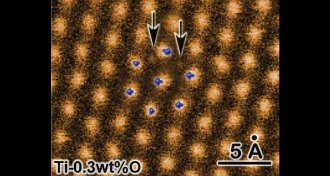 Materials Science
Materials ScienceOxygen sneaks into titanium, making it brittle
Oxygen atoms trigger defects in titanium’s atomic structure, making the metal brittle.
By Beth Mole -
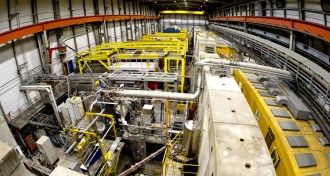 Particle Physics
Particle PhysicsNew particle may be made of four quarks
A newly discovered particle may be comprised of four quarks, a new study posits.
By Andrew Grant -
 Physics
PhysicsWhen entering a black hole, fasten your seat belt
Rapidly spinning black holes can generate turbulence, a new analysis shows.
By Andrew Grant -
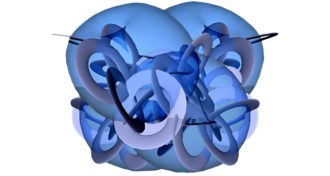 Quantum Physics
Quantum PhysicsTop 10 scientific mysteries for the 21st century
Solving the Top 10 scientific mysteries facing the 21st century will not be all fun but could be mostly games.
-
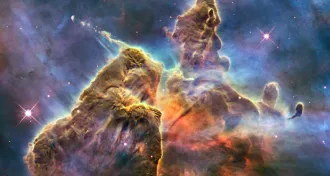 Physics
PhysicsHow blueshift might beat redshift
Even though the expanding universe makes light redder, light emitted by collapsing stars and dust clouds could appear unusually blue.
By Andrew Grant -
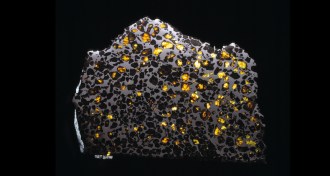 Planetary Science
Planetary ScienceYoung asteroids generated long-lasting magnetism
Pockets of iron and nickel in meteorites suggest that asteroids in the early solar system produced magnetic fields for much longer than once thought.
-
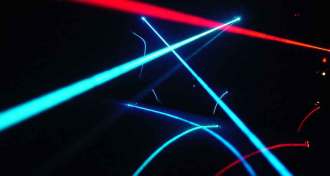 Physics
PhysicsSpeed of light not so constant after all
Even in vacuum conditions, light can move slower than its maximum speed depending on the structure of its pulses.
By Andrew Grant -
 Quantum Physics
Quantum PhysicsPhysicists debate whether quantum math is as real as atoms
Physicists debate whether quantum states are as real as atoms or are just tools for forecasting phenomena.
-
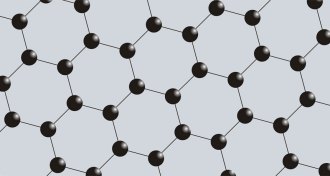 Materials Science
Materials ScienceGraphene’s allure becomes magnetic
Single-atom-thick sheets of carbon called graphene can be magnetized with the help of an insulating magnet.
By Andrew Grant -
 Quantum Physics
Quantum PhysicsBell’s math showed that quantum weirdness rang true
50 years ago, John Bell proved a theorem that led the way to establishing the weirdness of quantum physics.
-
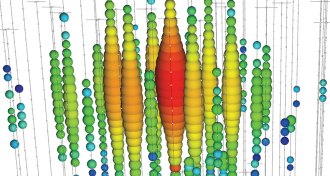 Particle Physics
Particle PhysicsYear in review: Neutrinos leave tracks in ice
The IceCube experiment has started to pinpoint the birthplaces of some high-energy neutrinos.
By Andrew Grant -
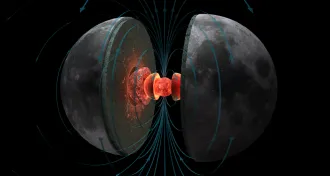 Planetary Science
Planetary ScienceAncient moon’s mega magnetic field explained
Apollo-era moon rocks reveal ancient lunar magnetic field was at least as powerful as the one surrounding modern Earth.